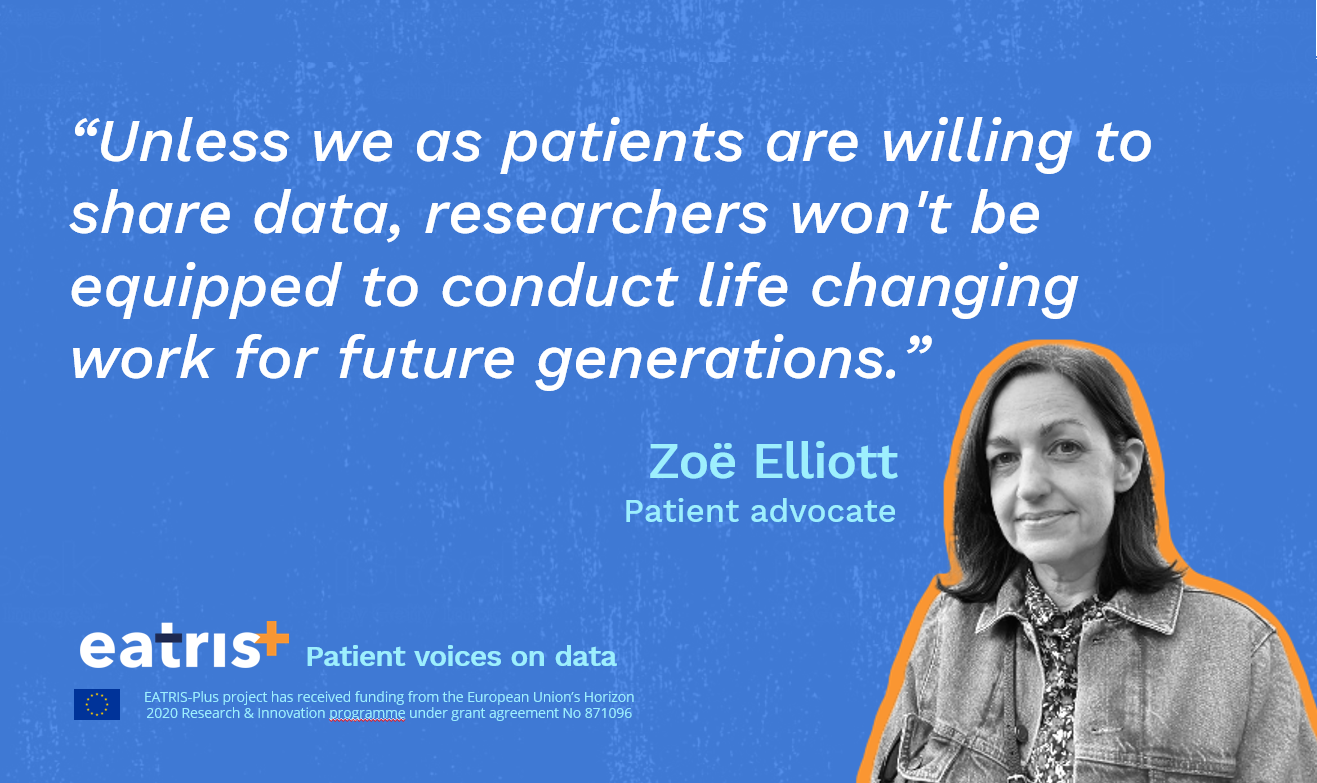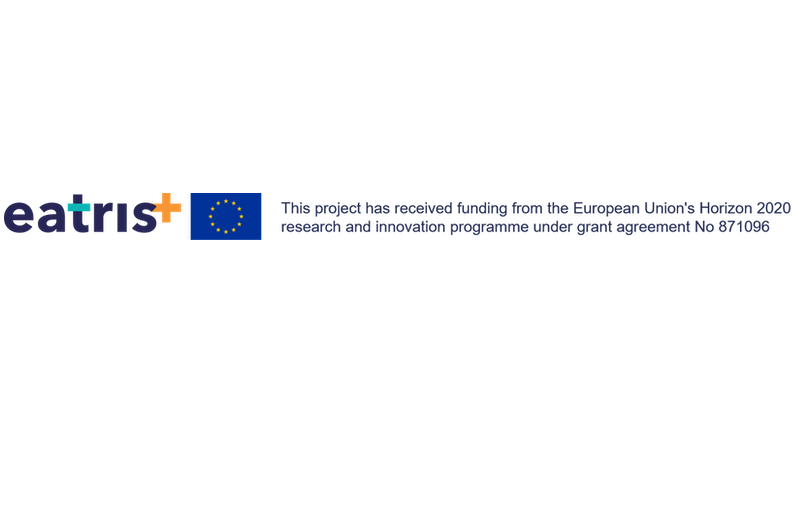
Please could you share your views on data sharing and why it’s important?
My twins are 12 years old and both have cystic fibrosis (CF). Since the children were born, I have been interested in and involved with clinical research to improve the lives of people with CF. I have seen great changes in the way people are treated and more recently, the introduction of mutation specific medications has created a seismic shift for people with those mutations. This has unfortunately led to the 10%, the people with CF without the mutations needed to access the new medications. To me, the route we need to explore to ensure all people with CF have access to effective treatments is personalised medicine. My reading on the subject led me to EATRIS and so when the opportunity to join their Patient Advisory Committee (PAC) arose, I jumped at it.
Through the sharing of data, what we have lived through is hopefully not going to be experienced by other people who have children with CF in the years to come. It’s as simple as that; it’s about making the quality of life better for others. It’s about providing researchers with the information they need to produce the medicines that our children need.
Unless we as patients share data, researchers won’t necessarily be equipped with all the information they need to conduct life-changing work. Future generations need people who are already living with conditions.
Data from the patient population has really given researchers the information they needed to conduct their research, and ultimately help the patients in return. It is the richness of information from patients that really supports researchers. If that richness of information isn’t there, then how are they to know how they can help with that disease area?
What can organisations like EATRIS and other research infrastructures do to make data sharing a reality? What do we need from these organisations? How can they help us?
In my mind, it’s very clear that research infrastructures need to be open and demonstrate how they plan to use datasets from patients in their research. They also need to demonstrate the governance of the data, how they plan to retain it and how the patient benefits from it. How has that data guided the work that they’re doing in the research that their institutes are conducting? And how does this translate into patient benefit? We want to know how the data will be for patient benefit. We need reassurance that our data will not be monetised.
Additionally, organisations need to demonstrate how patient data will be anonymised. There needs to be very clear policy in place to ensure that the data will never be able to come back to one single person. I think that’s a big thing for patient populations not wanting to share data.
The more data that’s out there, or the better quality of data that is out there, the better quality of research that can be driven and developed because of that data. Fundamentally, it’s about patient benefit – and that’s what researchers and research infrastructures need to be need to be demonstrating.
Are there members of the patient community that are concerned about sharing data?
In my patient community circles, there seems to be very little hesitancy around data sharing because we have seen so much patient benefit coming through research. However, I would say that there needs to be a greater sense of openness from research organisations about how they need patient data, how it really drives their business, and how that then ends up at the bedside for doctors. Patients also need to be telling the stories as to how sharing their data has helped.
Data is a very precious resource. We are giving information because we want it to benefit our community. I think it’s only fair that researchers are open and transparent about how they plan to use, retain and/or destroy the data. Patients also need to know that they can opt out from showing their data if they feel they’re not seeing the benefits from it.
What are the main concerns about the data sharing?
I think the main concern about data sharing is that the organisation is sharing the data to for maximum financial profit. Again, I think there needs to be reassurance that this is not the case and more education about how the data will be used to give patients the confidence that they are sharing the data for to benefit other people in their community.
Any final thoughts?
We need an open conversation about patient data. Researchers have to be very open, and a big problem is that most researchers don’t know how to market themselves or the work that they do. What they need to learn is to open themselves up and say how patient data benefits their work and what impact it can have.

















